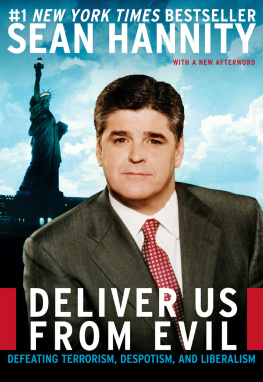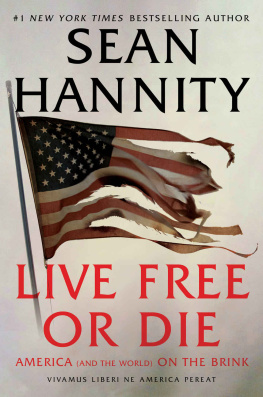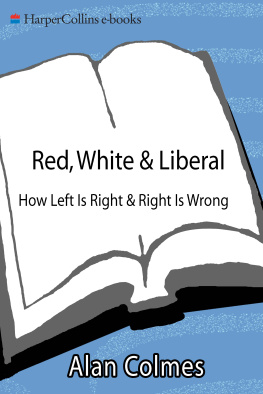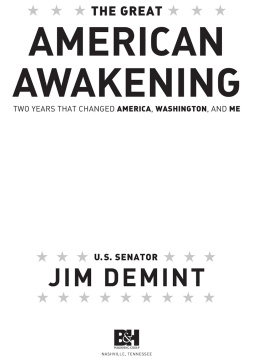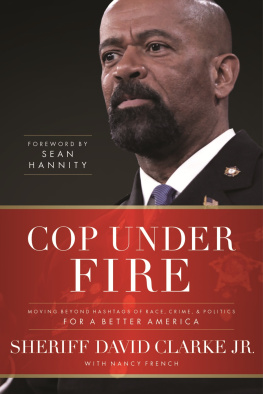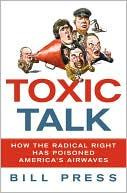He was found cowering in a hole in the ground, near a farmhouse in a desolate country town. Bewildered and disoriented, he had only the clothes on his back, a pistol, two AK-47 rifles, and $750,000 in uncirculated U.S. currency. This man, who had terrorized and plundered his own people while living in immeasurable luxury, spent his final hours before capture in a hiding place so base that it could only be described in terms befitting an animal: He was cornered like a rat, caught in a lizards den, in a spider hole.
Within hours, the sight of his face was being broadcast around the world. Haggard and disheveled, hidden behind a graying beard, this apostle of evil closed his eyes while a doctor probed under his tongue for hidden cyanide capsules.
Saddam Husseins lifelong flight from justice had finally come to an end.
In Baghdad, the Iraqi people celebrated the event with jubilation. Radio stations played celebratory music and young men drove through the streets shouting their excitement. Al-Zaman, Iraqs leading daily independent newspaper, described the news with unmistakable joy and relief:
The capture of Saddam is another window of hope for a clean Iraq, swimming in sunshine and far away from a dark past crowded by the dungeons of the secret services in which hundreds of thousands of Iraqis have disappeared because of a word or a whisper or an opposing view.1
With the capture of this brutal despot, the world was granted a rare opportunity to look evil in the face. What we saw was a fugitive from righteous justice; a killer, broken but without remorse; a man who had dispatched his own sons to die for his perverted cause, yet surrendered himself without a struggle.
This pivotal moment, this reckoning, occurred because of the stern determination of an American president with the clear moral vision and courage to commit this country and its braved armed services to the cause of defeating international terrorism.
A future once undreamed of by Iraqis is now within reach. Saddam, a man who only months ago was beyond the reaches of his own law, will be held accountable for his actions by the very people he mercilessly oppressed. His atrocities will be aired before the world, and judged by a legitimate system of justice.
In the end, God willing, Saddam Hussein will die for his crimes. And when our soldiers finally suppress the last loyalist insurgency, the Iraqi people, for the first time in a generation, will reclaim a measure of peace.
In America, this event took place in the early days of a presidential campaign. At the time, it seemed to stop the presidents already-fragmented opposition in its tracks. For months, most of his Democratic opponents had been pretending to support the war while undermining the president at every turn. Now they paused at the edge of the precipice to regroup and reconsider: how to capture even a small part of this spotlight? How to find a dark cloud in this silver lining?
None of them succeeded. John Kerry called Saddams capture an important step toward stabilizing Iraq for the Iraqis, but soon reverted to form, calling upon the administration to share the burden, bring in other countries and make it clear to the world that Iraq belongs to the Iraqi people.2 Wesley Clark said he hoped it would lead to a diminishing in the violence against American soldiers in Iraq.3 Carol Moseley Braun called the capture good news, but claimed that it does not change the fact that our troops remain in harms way and we are no closer to bringing them home.4
Governor Howard Dean made the most improbable claim of all: The capture of Saddam, he ventured, has not made America safer.5 His contention was met with mingled scorn and silence.
Over all their heads hung the inevitable thought: If America had followed your path, Saddam Hussein would still be in power today.
President Bush, in contrast, kept his focus on the task at hand: prosecuting the War on Terror to its conclusion.
Now, the former dictator of Iraq will face the justice he denied to millions, President Bush told America. For the vast majority of Iraqi citizens, the torture chambers and the secret police are gone forever.
Weve come to this moment through patience, and resolve and focused action. Our security is preserved by our perseverance.
And he capped his remarks with this renewed pledge: The USA will not relent until the war is won.6
Justice, patience, resolve and focused action: the principles that drove this evil actor from the world stage.
As America casts its eye to the future, let us not forget them. We will need them again.

